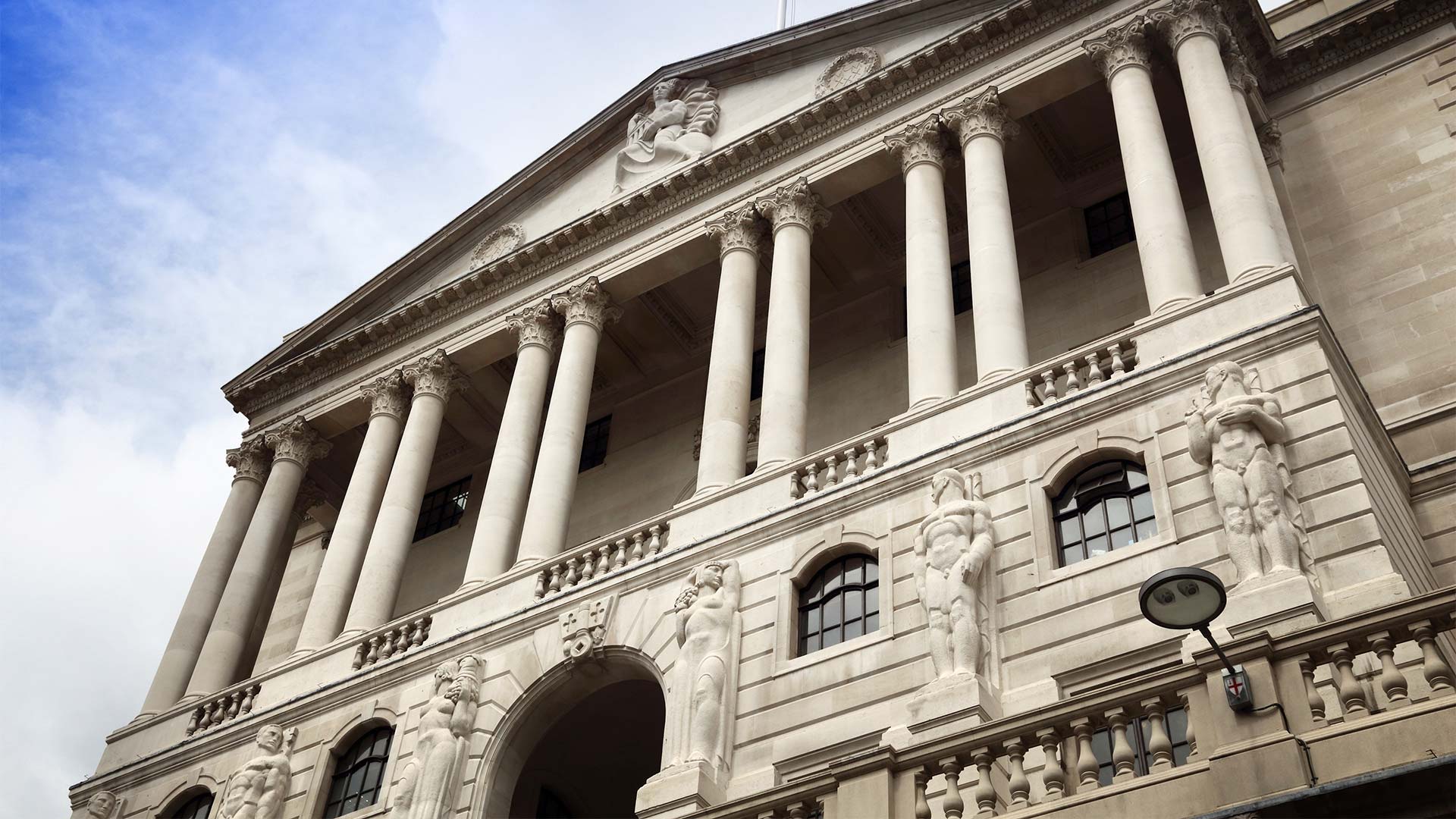Speaking at the Association of Corporate Treasurers’ Annual Conference, Andrew Bailey, Governor of the Bank of England, touched on the importance of MMF reform and flagged how climate transparency and disclosure will increasingly inform corporate strategy. He also warned of the dangers of cryptocurrencies, not backed by real assets in the economy.

Speaking at the annual conference for the Association of Corporate Treasurers, BoE governor Andrew Bailey said the recent G7 conference underscored the importance of the gathering, in contrast to ten years ago when many people questioned its future. “Obviously, it is not the only group and not the biggest group, but it does have a role,” he told delegates. Reflecting on that role, he said key points to take from the gathering include a renewed focus on climate change because of the new US administration. “There has been a major shift in energy,” he said. For treasury teams, this means more focus on disclosure standards and using scenario economics and analysis to try and map the future. It also means exploring investment in climate change solutions and tapping incentives.
Digital currencies
Digital currencies were another key theme to emerge from G7. He said all G7 countries are exploring digital currencies, while the BoE has published a major discussion paper. “We are still asking the big questions and working out how to answer them,” he said, noting the potential of non-bank financial organisations to disrupt economies during times of crisis.
Bailey said that stable coins backed by real assets will increasingly innovate but warned of the risks inherent in digital currencies not backed by real assets. When people are using something for payment, they expect confidence in its value, he said. In contrast, crypto currencies fluctuate in value, making them an unstable medium for payments. Moreover, he outlined the risks of crypto currencies not being backed by assets in the real economy. “None of us have confidence in what drives the price. They are a different kind of asset given the volatility, and the fact they are not underpinned by real assets. If you buy them, you have to understand you could lose your money.”
Reflecting on China’s Central Bank pledge to have its own digital currency, he said similar questions around the role of the private sector versus the State would emerge in the UK. For now, the BoE has made an intellectual commitment to explore the possibility of a digital currency, engaging with users and the tech sector to look at its potential and implications. He noted the challenge and risk of balancing private companies innovating in payments with ensuring the monetary system still worked, and that confidence remains rooted in bank regulation and central bank money.
LIBOR
Keeping with the regulatory theme, Bailey touched upon the end stages of LIBOR reform. “It is very important to stay focused on it,” he said. Here his eye is on responding to treasury queries and setting up processes around legacy LIBOR contracts.
He said that LIBOR grew in an unplanned fashion with no clear blueprint; adding that embracing new benchmarks in the larger derivatives market has been easier because this market is broadly homogeneous. In contrast, the cash market populated by bonds and loans and mortgages is smaller but more diverse. He said the sterling market is close to completing the reform process and the dollar market “has made a very strong commitment” to getting there. Fallback legislation around legacy contracts is “coming in,” and he noted that people are re-negotiating contracts; he said the BoE has endeavoured to provide treasury with a toolkit and urged that contracts “struck for decades” still need to be “dealt with”.
MMF
Bailey also touched on the need for money market fund reform. He noted substantial stress in MMFs last spring in a repeat of the stress the sector felt during the GFC. Factors he attributes to MMFs ambiguity and tendency to get caught between a cash and investment product. Some MMFs are purely cash instruments; their assets are liquid and investors can be confident they can withdraw their money at will. “They have very low interest rates in terms of returns, but basically they are a cash instrument.” On the other hand, some MMFs are more illiquid; they are investment funds and should not be badged as liquid, he says. A third seam of MMFs behave somewhere in the middle of this spectrum – mostly liquid except in times of stress.
He said the rush to exit last spring posed a risk in terms of financial stability. “It is an area where we feel we do need to arrive at a much clearer understanding of what is under the lid,” he said, adding that he sees a role for both types of funds. However, labelling needs to be clearer, so treasury understands what the different types of MMF are and how they behave, so that investor pay-outs are consistent and well understood. In another aside, he noted how many sterling MMFs are domiciled outside the UK, making it a quintessentially international issue.
Touching on the importance of diversity, Bailey said the BoE has looked hard at the progress it has made on diversity and inclusion over the last decade. The process has revealed progress, but also highlighted the bank’s need to redouble efforts in some quarters. He said it was important that BoE employees represent the diverse country it serves. However, he said it was difficult to push and cajole the financial services sector to act more on diversity because “people in glass houses shouldn’t throw stones.” Adding, diversity and inclusion “is as much on our agenda as it is on others – we can’t sit on a pedestal and pronounce,” he concluded that his focus is on learning and working with others in the area.